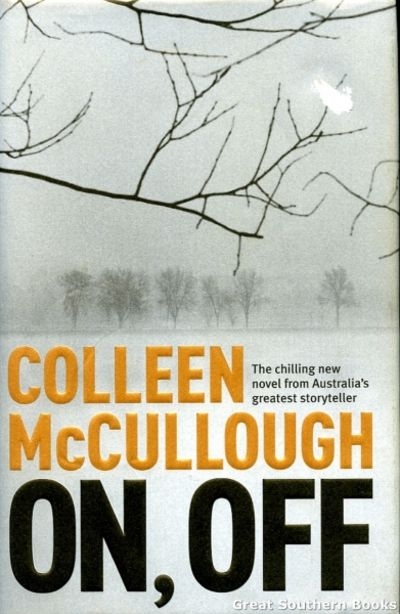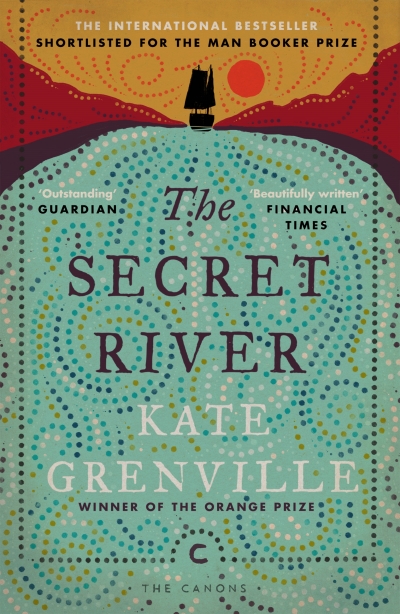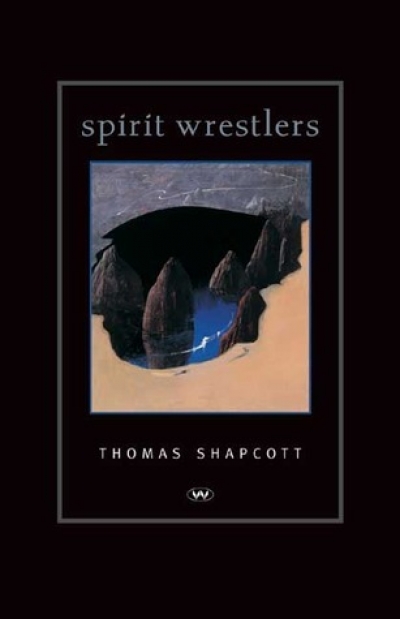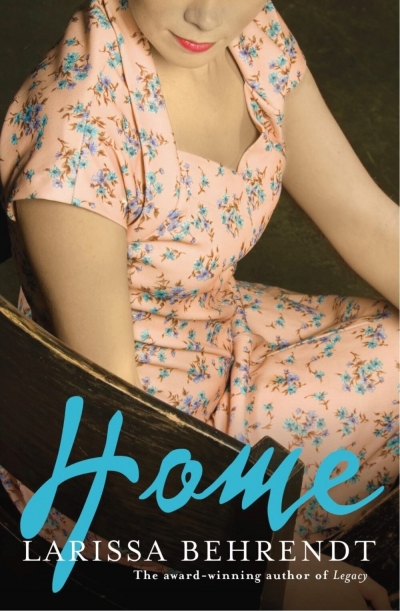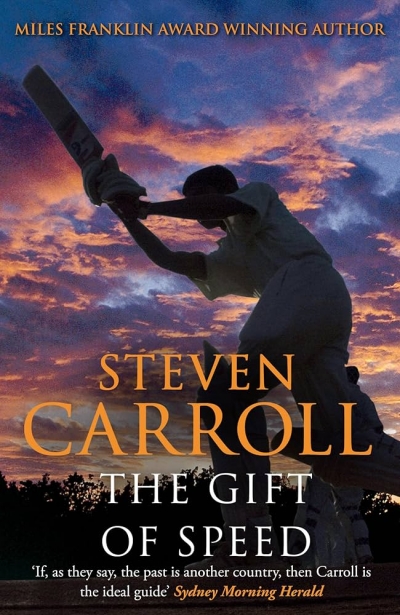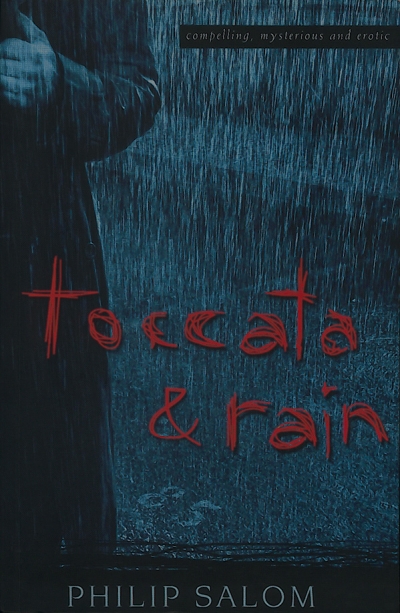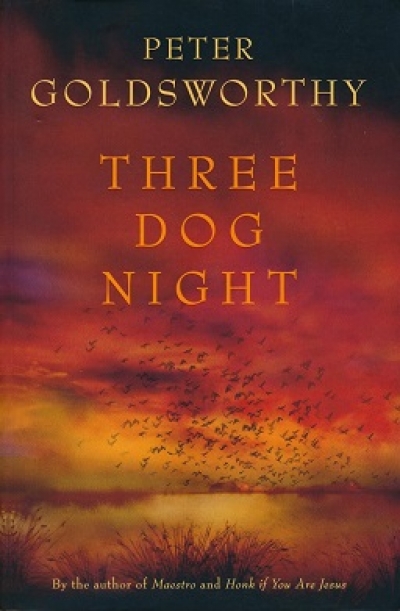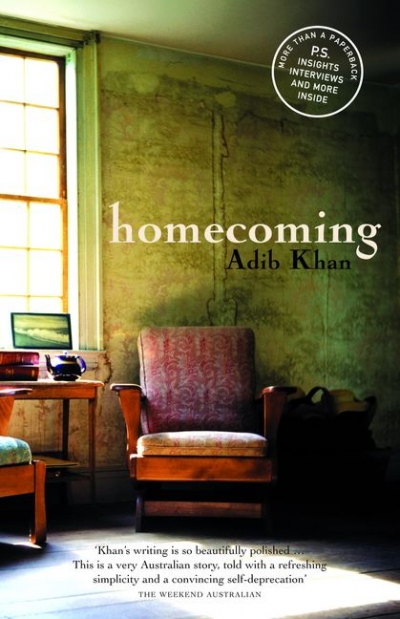Australian Fiction
Within a week of the recent release of Harry Potter and the Half Blood Prince, millions of children and adults around the world had read it. Now comes the long wait for the final tome in this cleverly designed series by the prolific J.K. Rowling. Nil desperandum. The fantasy novel for children – and especially crossover books which, like the Harry Potter series, appeal to both adults and children – has a long tradition, and there are a myriad other fantastic books to turn to, many of which have been written by Australian authors.
... (read more)Visiting Shirley Hazzard in Italy is like entering a Hazzard novel. She lives in an apartment within the grounds of a splendid villa at Posillipo. The rooms are cool against the summer sun, and when you step onto her terrace the vista and the light are dazzling. Scarlet bougainvillea falls in twisted festoons. From the terrace, she surveys the breathtaking scope of the Bay of Naples. To the left, the shadowy silhouette of Vesuvius. The long cluttered arch of the Neapolitan littoral holds the blue bay in its stretch. The Sorrentine peninsula seals off the southern edge, and out on the fringe, a blue punctuation, the island of Capri, where Hazzard also maintains a house.
... (read more)
